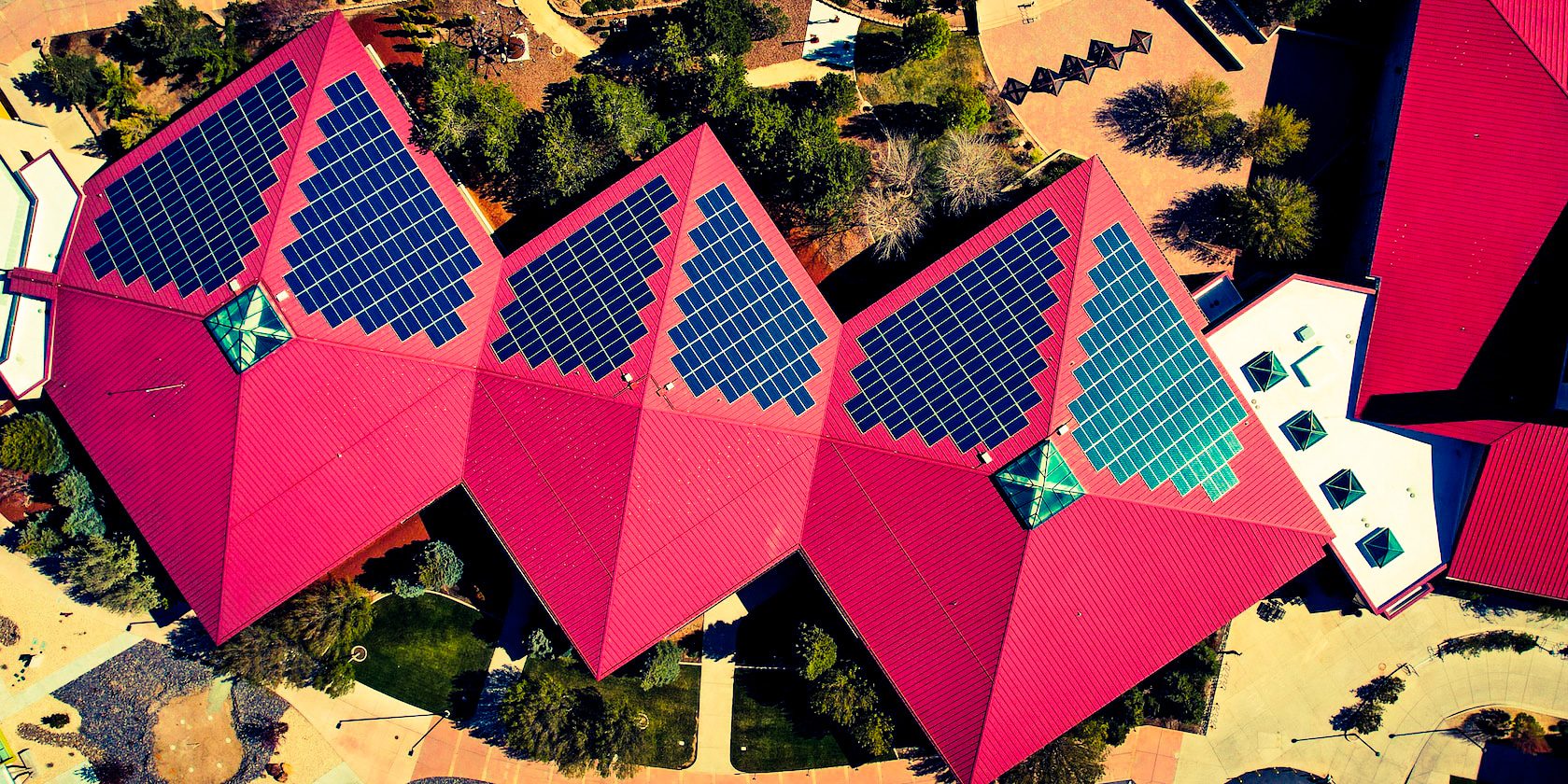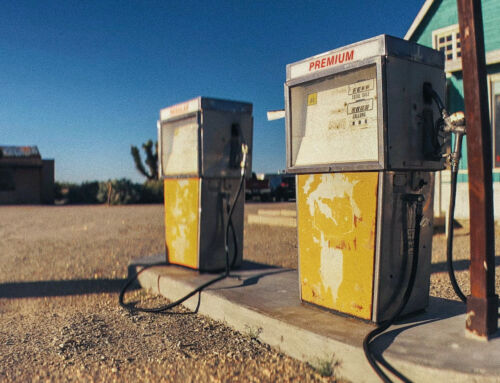View by Topic
Recent Articles
-
Congress Blocks California’s Gasoline Car BanSaturday, May 31st, 2025
-
EPA Will Keep Current Limits for “Forever Chemicals” in Drinking WaterSaturday, May 24th, 2025
-
Court Indefinitely Pauses SEC Climate Rule LitigationSaturday, May 17th, 2025
-
Maryland is About to Regulate Mold But is the Cart Before the HorseSaturday, May 10th, 2025
View by Month/Year
“Green Building Law Update” Headlines
Recent Articles & News from
Stuart Kaplow’s blog
at GreenBuildingLawUpdate.com
- Congress Blocks California’s Gasoline Car Ban: A Legal and Policy Analysis June 1, 2025
- EPA Will Keep Current Limits for “Forever Chemicals” in Drinking Water May 25, 2025
- Court Indefinitely Pauses SEC Climate Rule Litigation May 18, 2025
- Maryland is About to Regulate Mold: But is the Cart Before the Horse? May 11, 2025
Subscribe to the Green Building Law Update!
Stuart Kaplow brings his expertise and extensive experience to the table with his unique digital publication, "Green Building Law Update". Subscribers receive regular updates to keep them informed about important issues surrounding Environmental Law, Green Building & Real Estate Law, as well as the emerging demand for Environmental Social Governance (ESG).
Get fresh content through the lense of Stuart Kaplow's cutting-edge expertise, innovative commentary and insider perspective. Don't miss another issue! Subscribe below.

US Imposes Duties on Southeast Asia Solar Panel Makers Evading China Tariffs
On August 18, 2023, the United States government announced that solar panels, cells, and modules completed in Cambodia, Malaysia, Thailand, or Vietnam using components from China and exported to the U.S., are circumventing the more than decade old antidumping tariffs on solar panels from China.
To appreciate the scope of the issue, those countries account for nearly 80% of all U.S. solar panel supplies.
After a more than 17 month investigation, the U.S. Department of Commerce made a final determination that certain Chinese manufacturers are “shipping their solar products through Cambodia, Malaysia, Thailand, or Vietnam for minor processing in an attempt to avoid paying antidumping and countervailing duties.” Specifically, Commerce found that five companies were attempting to avoid the payment of U.S. duties by doing minor processing in third countries.
The new tariffs, which will be as high as 254.19% (i.e., 238.96% antidumping duty plus 15.24% countervailing duty) will significantly increase the costs for U.S. solar power installers, but ..
This final decision will not have an immediate impact because pursuant to the Presidential Proclamation issued on June 6, 2022, duties will not be collected on any solar module and cell imports from these four countries until June 2024. Out of apparent concern over the impact on workers in the U.S. solar installation industry, this delay was intended to provide time to adjust supply chains and ensure that sourcing is not occurring from companies found to be violating U.S. law. However, the Biden administration’s decision to delay the tariffs encountered controversy in Congress and a joint resolution was passed (over the vocal opposition of unions) to reimpose the tariffs in May 2023 but was vetoed.
Under U.S. law, Commerce may conduct a circumvention of tariffs inquiry when evidence suggests that merchandise subject to an existing “unfair competition” order is completed or assembled in third countries from parts and components imported from the country subject to the order. This investigation was launched after one small U.S. based company, Auxin Solar, filed a complaint in February 2022.
This is a separate issue from the more than $1 Billion of shipments of solar panels from China have been interdicted by the U.S. government under the Uyghur Forced Labor Prevention Act since that outright ban on imports of solar supplies produced in the Xinjiang Uyghur Autonomous Region of China became effective in June 2022.
Complicating matters for U.S. citizens and businesses that want to install solar panels, China dominates the vast majority of the world’s solar panel supply chain, controlling at least 86% of solar panels produced in 2022, including 96.8% of polysilicon ingots sliced into wafers, 85.1% of manufacture into crystalline solar cells, and 74.7% of cells wired together and laminated to form modules.
This now final determination specifies that it covers: solar panels and cells that were completed in Southeast Asia from wafers produced in China; as well as modules, laminates, and panels that were produced in Southeast Asia from wafers produced in China, and where more than two of the following components in the modules were produced in China: silver paste, aluminum frames, glass, backsheets, ethylene vinyl acetate sheets, and junction boxes.
In this instance, after a thorough investigation of 8 companies from the 4 countries, Commerce found that 5 of the 8 companies investigated (.. possibly representing as much as 30% of U.S. solar panel supply imports) are attempting to bypass U.S. duties by doing minor processing in one of the Southeast Asian countries before shipping to the United States. Those noncompliant companies are Canadian Solar and Trina Solar from Thailand, BYD Hong Kong and New East Solar from Cambodia, and Vina Solar from Viet Nam.
Domestic solar equipment manufacturing in the U.S. is ramping up, with millions of dollars of federal tax credits and deductions and more and additional recent incentives from the Inflation Reduction Act, but little U.S. production capability exists yet.
Today there are federal tax incentives on solar installations that can offset 50% of many individual solar installation project costs, yes, costs including those 254% inflated charges to pay these tariffs on Chinese panels?
In an odd contradiction, since the tariffs are being paid whether the panels come directly from China or make a stop elsewhere in Southeast Asia, some U.S. solar companies may just buy non Uyghur panels directly from China (.. causing China be the beneficiary of the tariffs imposed on it?).
But increasing numbers of U.S. citizens and businesses are saying “no” to Chinese solar panels on their projects finding the moral equivalence for onsite renewable energy no longer acceptable, despite confused U.S. government policies.
A live webinar “How to Count Your Greenhouse Gas Emissions” 30 talking points in 30 minutes, Tuesday, September 26 at 9 am EDT presented by Stuart Kaplow and Nancy Hudes on behalf of ESG Legal Solutions, LLC. The webinar is complimentary, but you must register here.









